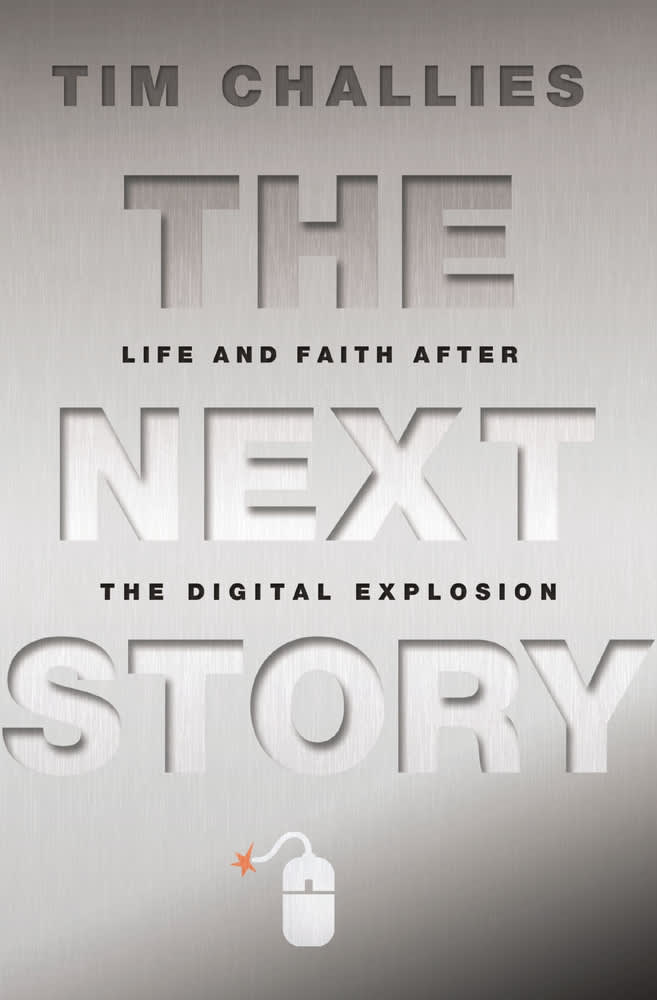This article originally appeared in Stand Firm magazine.
Popular blogger and web designer Tim Challies (challies.com) wrote The Next Story: Life and Faith After the Digital Explosion. We asked Tim to talk about some of the ideas in his book.

What prompted you to write this book?
I wrote this book initially as a response to my own questions about technology. I began to see that in some ways technology was taking over my life, and it really prompted the question that ended up defining the book: Do I own my technology or does my technology own me? I came to see that in some ways I was in control, while in other ways I had ceded control of my life to various devices and technologies.
How has the digital explosion reshaped our understanding of ourselves, our world, and our knowledge of God?
While it is too simplistic to say that we are a product of our technologies or tools, it is indisputably true that in many ways our technologies do shape us. A person who has grown up on books will see the world very differently from a person who has grown up with a steady diet of television. Our self-understanding and our understanding of the world are significantly influenced by our technologies. And here, at the frontier of this new digital world, I think we are only just beginning to learn the ways in which our understanding of ourselves and our understanding of God have been shaped by these new media.
If technology is a God-given gift, why does it feel like we are slaves to it? Like we are serving it rather than it serving us?
Technology is a good gift of God. He created us and told us to exercise dominion over the earth He had made. In order to do this we would need to rely upon technology; after all, we could not till the earth without a till. So technology in that sense is a good and necessary thing. However, the fact is that we live in a fallen world, the kind of world in which something like technology is subject to the curse. So the things we create, the things that are in some way a reflection of our own desires, can just as easily lead us away from God as they can lead us toward Him. They can be used for evil or for good.
What do you mean when you say we are experience rich and theology poor? How does that relate to technology?

We all have a great deal of experience using technology. We are surrounded by it from the moment of birth. But few of us take the time to really think about technology from a biblical point of view. When we do that, we learn that technology is a God-given gift, and yet it is a gift that can easily be tainted by sin. That's a distinctly Christian way of understanding technology.
What happens when a technology becomes mythic? How will that impact the generations now growing up who can't conceive of a reality without technology?
One thing that always surprises me as I discuss technology in radio interviews is that the interviewer almost inevitably speaks about radio as if it is not a technology. The fact is, radio is an incredibly powerful and world-changing technology. But since it has existed for so long, it has become mythic. In other words, it has become part of our cultural background, and we no longer think it is remarkable. Every technology eventually becomes mythic; we take it for granted and in the back of our minds assume that it has always existed. The internet is already becoming mythic, so we think more now of the devices than the network that binds them all together.
When a technology becomes mythic, we forget to examine it for the ways it may be subtly (or not so subtly) shaping and forming us. As soon as it is no longer remarkable, we no longer account for it as we seek to understand the forces that are acting upon us, shaping our hearts and minds. That's why it's critical for us and for the next generation to be able to step back and see how technology is actually shaping us. This is not easy, of course, but it's crucial if we're going to live wisely in a fast-paced, digital world.